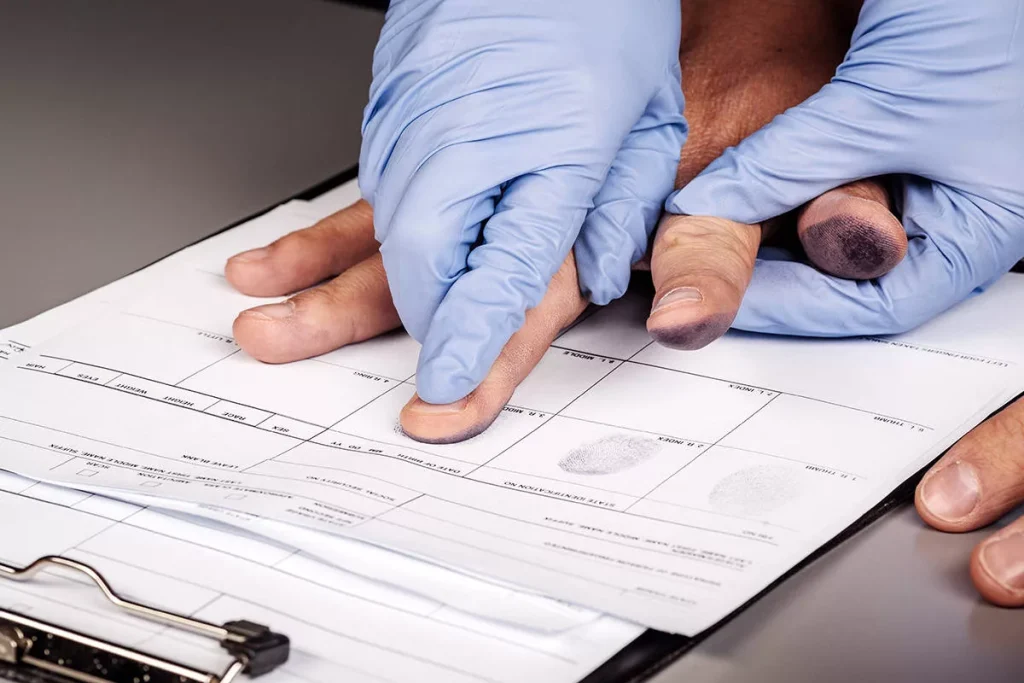1. Introduction
When dealing with legal procedures in a foreign country—such as immigration, employment, or adoption—you may be asked to submit certain official documents. If these include your criminal history, you’ll likely need an FBI background check. But to make that document valid for international use, you also need an apostille.
But which documents require an FBI apostille, and which don’t?
In this blog, we’ll walk you through what documents need an FBI apostille, how the process works, and how PDX Fingerprinting can make it easy.
2. What Is an Apostille?
An apostille is an international certification that validates a U.S. public document for use in foreign countries that are members of the Hague Apostille Convention. It confirms that the document is legitimate and has been issued by a recognized U.S. authority.
3. What Is an FBI Apostille?
An FBI apostille is the apostille placed specifically on an FBI criminal background check—a federal document. It’s issued by the U.S. Department of State and confirms the background report is authentic and accepted internationally.
4. Types of Documents Requiring an FBI Apostille
Here are the most common documents that require an FBI apostille:
FBI Criminal Background Check
This is the primary document needing an apostille. It’s typically used for:
- Immigration or visa applications
- Employment abroad
- Dual citizenship requests
- Adoption procedures
- University or school enrollment
- Residency permits
Other Federal Documents (Non-FBI)
Although the focus here is FBI background checks, other federal documents may require apostilles, including:
- Naturalization Certificates
- IRS documents for international business or tax
- Federal court documents
Note: If you’re submitting a state criminal background check, the apostille must come from the state’s Secretary of State, not the U.S. Department of State.
5. Common Use Cases for FBI Apostille Documents
Here are some real-world scenarios where you’ll likely need an FBI background check apostilled:
- Moving to Spain for work or long-term residence
- Teaching English in South Korea or Japan
- Getting married abroad, especially in Italy or France
- Adopting a child from Colombia or Ukraine
- Joining an overseas university that requires criminal clearance
- Applying for dual citizenship in countries like Mexico or Argentina
Each of these cases demands authenticated background reports—and most consulates will reject your application without a valid apostille.
6. How to Know If You Need an Apostille
Ask yourself:
- Is my background check being submitted to a foreign government or institution?
- Is that country part of the Hague Apostille Convention?
- Have I been told to provide “authenticated” or “certified” federal documents?
If the answer to any of these is “yes,” you probably need an apostille.
7. Why Apostille Rules Vary by Country
Each country has its own legal requirements. For example:
- South Korea requires apostilled FBI reports for teaching jobs.
- Spain demands apostilled background checks for residency visas.
- Brazil allows apostilled documents under Hague Convention rules, but often asks for notarized translations as well.
That’s why working with experts like PDX Fingerprinting is key—we help you meet your specific destination’s requirements.
8. How PDX Fingerprinting Can Help
PDX Fingerprinting is your one-stop solution for fingerprinting, background checks, and apostille services. We simplify every step:
✅ Live Scan or Ink Fingerprinting
✅ Fast FBI Background Checks via eDO or Channeling
✅ Submission to U.S. Department of State
✅ Expedited Apostille Services
✅ Support for International Shipping
Our process ensures your FBI background check is properly formatted, authenticated, and delivered without delay.
Serving Portland, Oregon & clients nationwide.
Contact us today to get started.
9. FAQs
Q: Can I apostille my state background check?
A: No. Apostilles for state background checks must go through your state’s Secretary of State. Only FBI background checks are eligible for apostille from the U.S. Department of State.
Q: Is a digital FBI report accepted for apostille?
A: Yes, digital PDFs from the FBI eDO system are typically accepted—especially if your destination country allows it. We can help determine if a physical copy is required.
Q: How long does the apostille process take?
A: Standard processing takes 10–15 business days. Expedited options may take as little as 3–5 days when you work with us.
Q: What if I’m not sure what documents need an apostille?
A: Contact our team. We’ll evaluate your case and let you know what’s required for your specific destination.
10. Final Thoughts
Understanding what documents require an FBI apostille can be confusing, especially if you’re navigating immigration or international relocation. But getting it right is critical—mistakes or missing apostilles can delay or deny your application.
At PDX Fingerprinting, we provide expert guidance and fast, certified apostille services so your documents are processed correctly and accepted worldwide.Ready to get started? Book an appointment or get a quote today.


